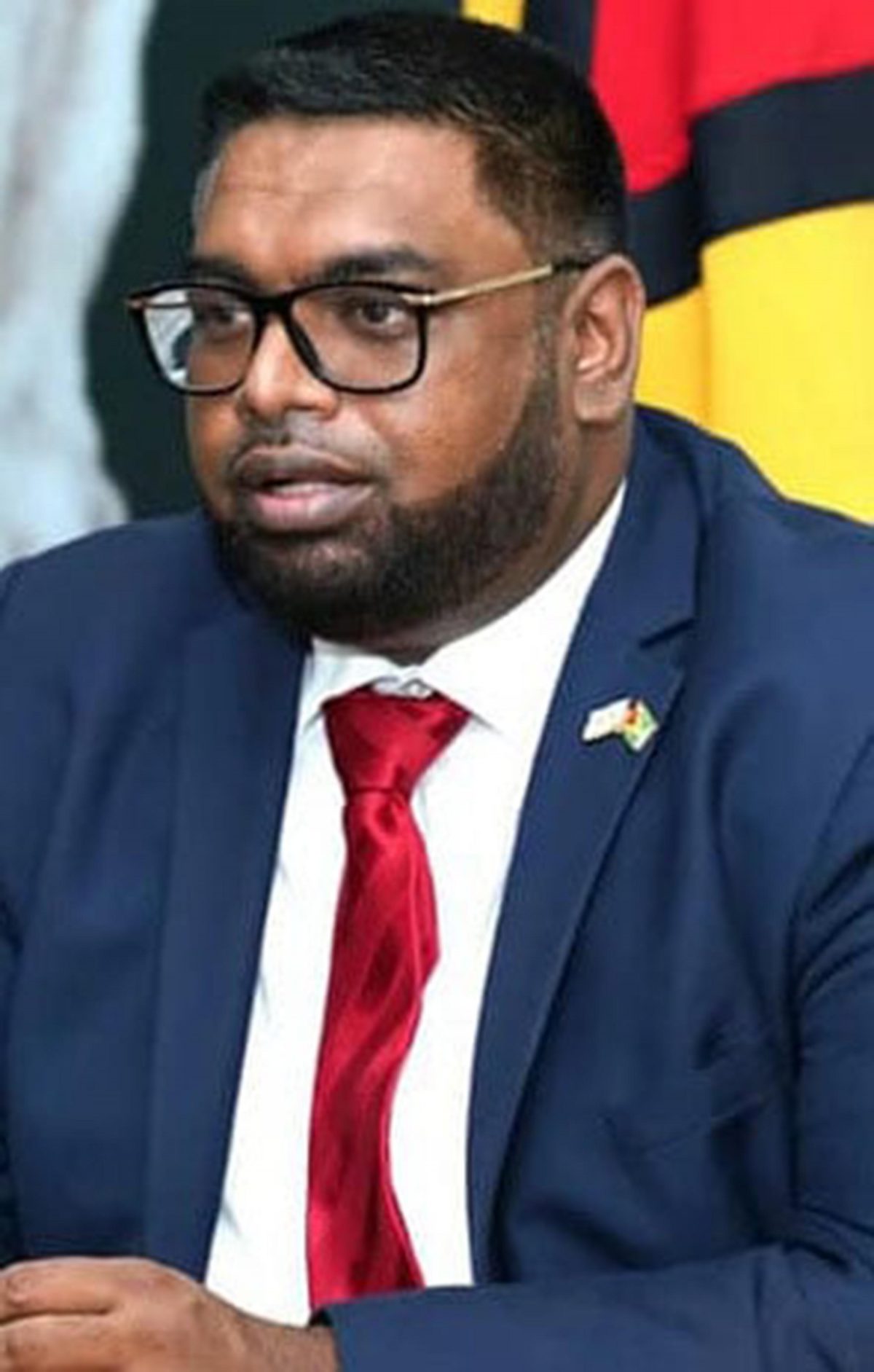President Irfaan Ali has directed that Attorney General Anil Nandlall circulate the draft electoral reform legislation next week so that stakeholders can make their inputs before the amendments are laid in the National Assembly.
“[What] we’re working on is to have this the draft legislation circulated sometime next week among all the stakeholders. We have to have an efficient timeframe on this. I’ve also asked him [the Attorney General] that circulation be done sometime next week and that six weeks be given for the review and comments on the draft legislation,” Ali told reporters during a virtual press conference yesterday.
He added that after the review process is completed, then the government can move forward with “expeditiously” tabling the legislation.
Additionally, the President said that during a recent engagement with Organization of American States (OAS) Secretary-General Luis Almagro, a commitment was made to provide Guyana with support in electoral reform and the strengthening of democracy in Guyana.
“This was a fundamental theme of the discussion with the Secretary-General of the OAS and he reiterated their support and willingness to help Guyana in ensuring that we strengthen our democracy and whatever help is needed on the side of electoral reform, they were willing to assist,” he said.
Currently, Guyana’s electoral legislation includes the Constitution (1980, as amended) as well as the Representation of the People Act (1964, as amended), the National Registration Act (1967, as amended) and the Elections Laws Act (1996). The later three are amended by the Election Laws (Amendment) No. 15 (2000) and by the Local Democratic Organs Act (1980, as amended) while the framework is further supplemented by other acts, most notably the National Assembly (Vali-dity of Elections) Act (1964, as amended) and GECOM’s orders and notices.
Over the years, there have been resounding calls by several international election observer missions for reforms to Guyana’s electoral laws. Those calls have just intensified over the years and following the five months standoff after the March 2, 2020, general and regional elections, the PPP/C committed to amending the laws.
In May of this year, it was announced that the United States Department of State is supporting an 18-month project to bolster the capacity of the Guyana Elections Commission (GECOM) and the Attor-ney General’s Chambers regarding electoral processes and to encourage civil society organizations (CSOs) to advocate for electoral reform in accordance with regional and international standards.
The International Republican Institute (IRI) was named by the US Embassy as the organization to implement the project.
“Through this project, GECOM, the Attorney General’s Chambers, and Guyanese CSOs will
collaboratively consolidate and improve local electoral and constitutional law knowledge, establish an internal timeline to address electoral reform, improve collaboration for joint advocacy actions, and prioritize electoral and constitutional law issues while promoting reform through citizen engagement. The project is part of ongoing USG support to strengthen the capacity of Guyana’s governance for the benefit of all Guyanese”, the Embassy had said in a statement.
Guyana’s last general and regional elections process lasted exactly five months owing to a series of events including court cases, declaration of unverified results, a national recount and several other issues. There are currently several former GECOM officials and political party officials before the courts on election-related charges.
Following the announcement of IRI’s involvement in the reform process, APNU+AFC opposition and a few civil society groups criticized the project, going as far as to warn that it undermines sovereignty as it is spearheaded by the IRI.
That claim, however, has been dispelled by Vice President Bharrat Jagdeo, who accused the opposition of wanting to cherry-pick foreign support.






